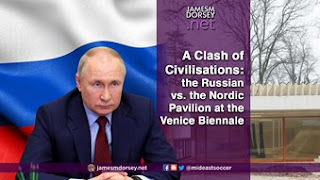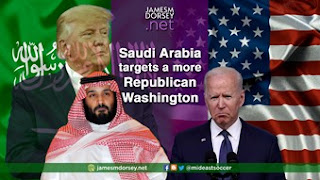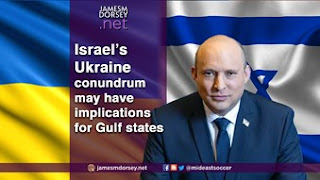Contesting Russia requires renewed US engagement in Central Asia

By James M. Dorsey When US Defense Secretary Lloyd J. Austin III declared that Washington wanted to see Russia so “weakened" that it would no longer be able to invade a neighbouring state, he lifted the veil on US goals in Ukraine. He also held out the prospect of a long-term US-Russian contest for power and influence. Mr. Austin's remarks were problematic on several fronts. For one, they legitimised Russian President Vladimir Putin's justification of the invasion of Ukraine as a defence against US-led efforts to box Russia in and potentially undermine his regime. “US policy toward Russia continues to be plagued by lack of rhetorical discipline . First calling for regime change, now goal of weakening Russia. This only increases Putin’s case for escalating & shifts focus away from Russian actions in Ukraine & toward Russia-US/NATO showdown,” tweeted New York-based Council of Foreign Relations president and former senior State Department official Richard Haas






